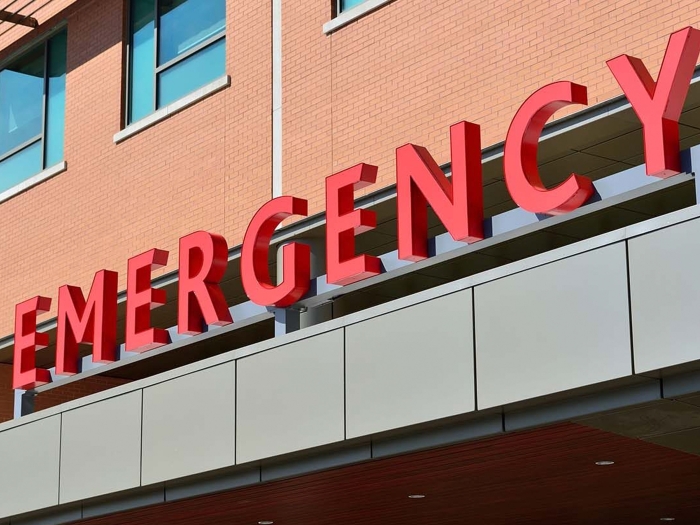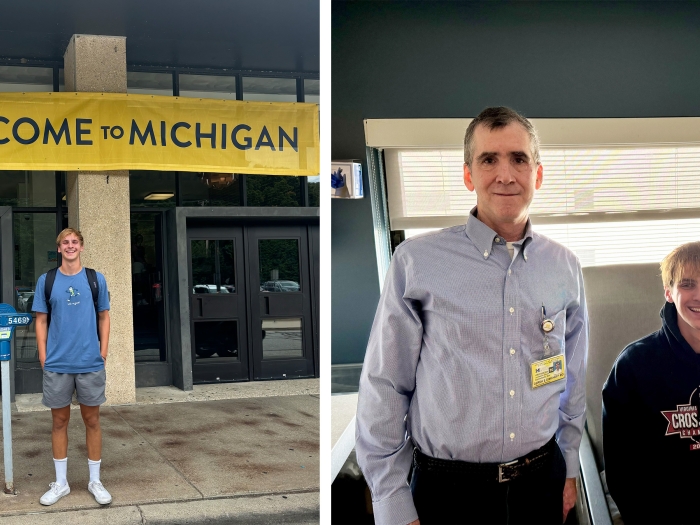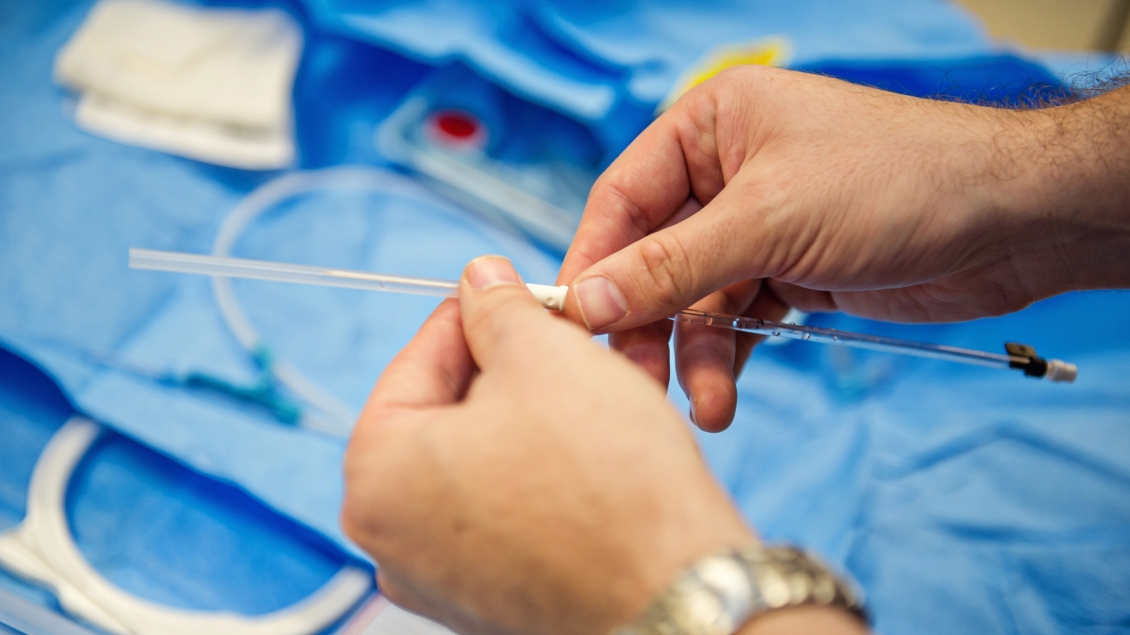
Research and Innovation
We're committed to creating the future of emergency care through innovative research and creative scholarship.
For over a decade, our department has consistently been ranked among the top five Departments of Emergency Medicine in the US in NIH funding. As one of the most successful academic emergency medicine programs in the country, our research mission continues to flourish.
The U-M Medical School Department of Emergency Medicine cultivates research focused on preclinical, clinical, implementation and policy aspects of emergency medicine and critical care. Our faculty, composed of research and clinical faculty, play an active role in directing the national research agenda related to the care of acutely ill and injured patients, injury prevention, and health.
With over 25 years of experience in developing students, residents, and faculty for careers in emergency research, the Department of Emergency Medicine provides solid support for cultivating productive, funded researchers. Training opportunities range from summer projects for first-year medical students to long-term career development, including extramural training grants and first independent research funding
- Emergency Medicine Education and Research by Global Experts (EMERGE) - PI: Prashant Mahajan, MD, MPH, MBA
- Michigan Emergency Department Improvement Collaborative (MEDIC) - Co-Directors: Keith Kocher, MD, MPH and Michele Nypaver, MD
- Michigan StrokeNet - PI: Phillip Scott, MD
- The Max Harry Weil Institute for Critical Care Research and Innovation - Director: Kevin Ward, MD
- SIREN Clinical Coordinating Center - PI's: Robert Silbergleit, MD and William Barsan, MD
UM Injury Prevention Center - Co-Directors: Douglas Wiebe, PhD and Patrick Carter, MD
- Neuro-EM Scholars; Career Development Program for EM Research in the Neurological Sciences
- StARR (EM Physician-Scientist) Training Program
- T32 Firearm Safety Among Children and Teens (FACTS): Multidisciplinary Research Training Program
- Weil Institute Critical Care Research Training Programs
- Wolverine Den Funded Projects - Massey Family Foundation Partnership
- National Awards
- Patents
- Company Spinoffs
2025 William G. Barsan Emergency Medicine Research Forum
Wednesday, April 9th, 2025
The annual forum honors our department's inaugural chair, Dr. William G. Barsan, and serves as a platform to highlight the spectrum of research undertaken within our department. It is a celebration of department research, other scholarly activities, and a chance to gain better understanding of the impact and full spectrum of the Department of Emergency Medicine's research. Click here for additional details.
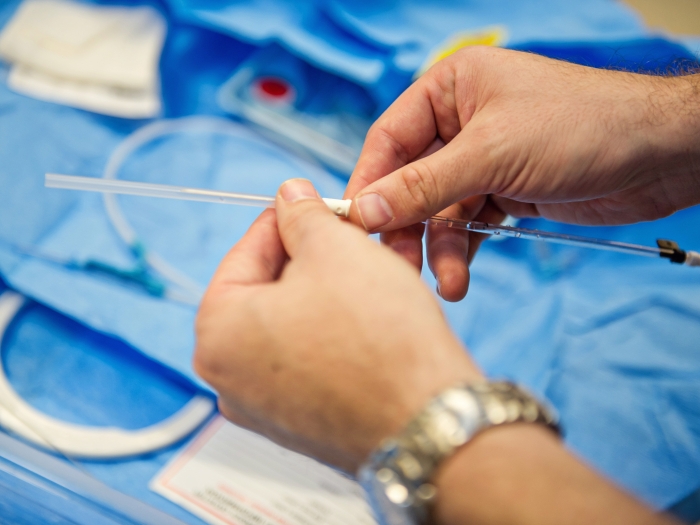
See how we're achieving our goals and creating the future of emergency care through publications, research awards and funding, investments, new faculty and more.
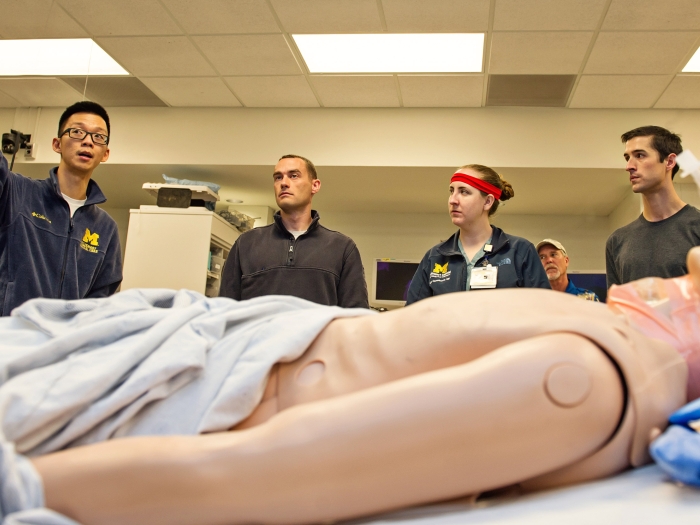
We're creating the future of emergency care — check out some of our highlights in research, publications and more from this past year.
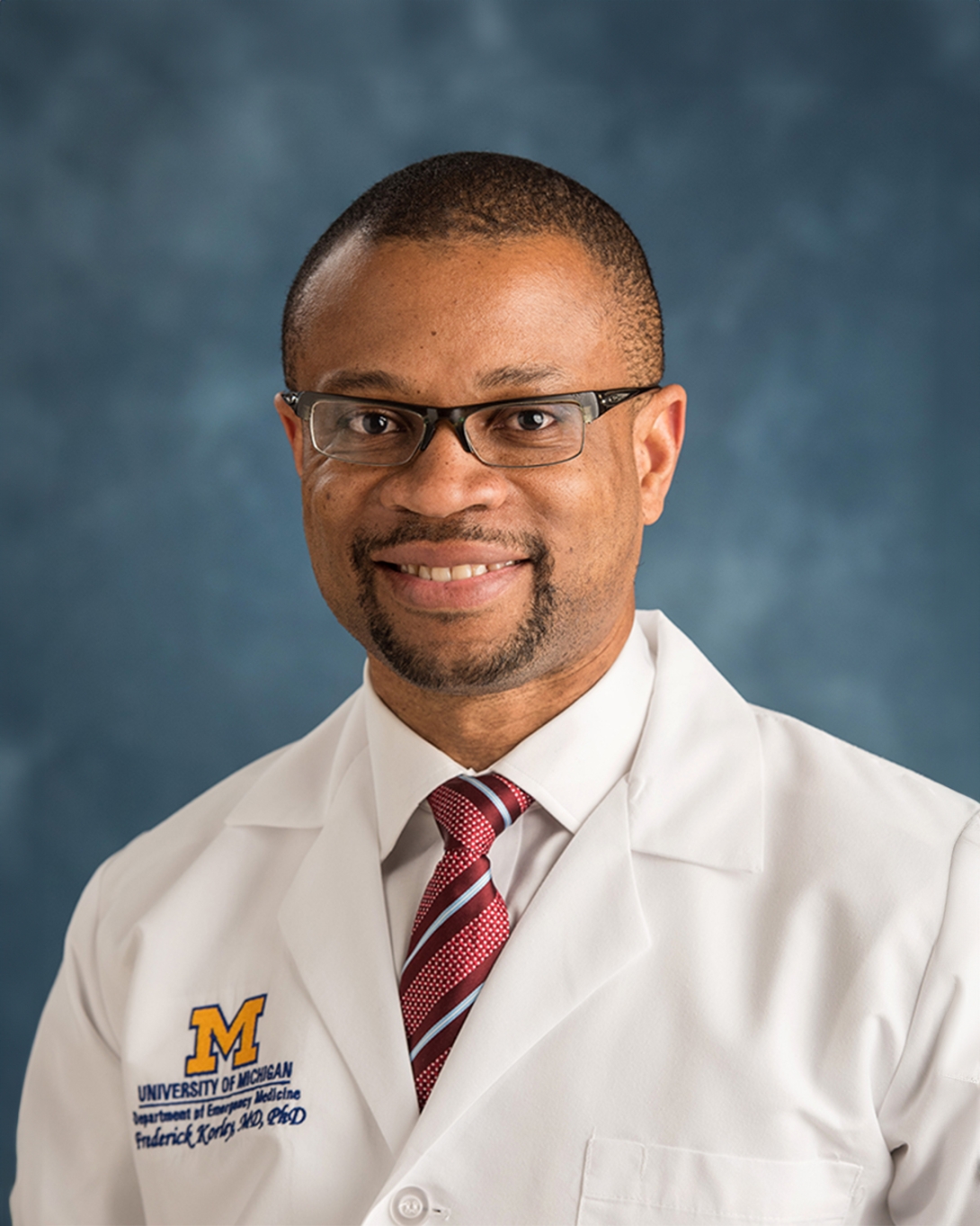
Professor of Emergency Medicine


